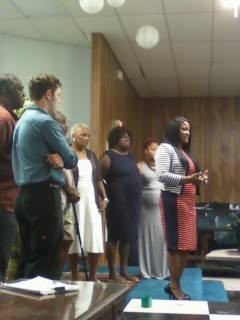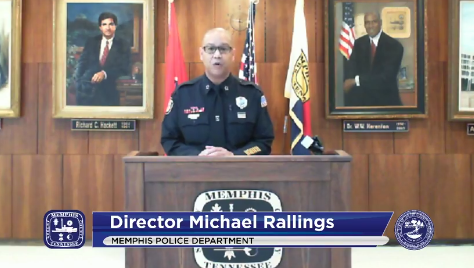
City officials laid out steps to reform the Memphis Police Department Thursday, June 25th, assuring the community that it is committed to change.
Memphis Mayor Jim Strickland said his administration has been meeting with clergy and other community leaders over the past four weeks to discuss ways to improve the Memphis Police Department (MPD).
Alex Smith, chief human resource officer for the city, said the deaths of George Floyd and Breonna Taylor at the hands of law enforcement have led city officials to “continue to push further to ensure that Black lives matter.”
“As we have met with clergy and concerned Memphians, we understand that there’s a strong desire for change to policing in Memphis,” Smith said. “And as an administration, we agree that change must happen.”
As a result of the meetings, Smith said the city has identified “swift and immediate action that we can take to improve outcomes for MPD and the citizens that we serve.”
Those actions include:
• MPD updated its policies to include the sentiment of “8 Can’t Wait”
• Made improvements to the Civilian Law Enforcement Review Board (CLERB), including enhancing communication with the public, providing training for CLERB members and staff, and reviewing the request for members to have subpoena powers
• Started posting board opportunities on the city website
• Began discussions with the Memphis Police Association to look for opportunities to strengthen language in the memoranda of understanding between the city and association to ensure that officers will be held accountable when using excessive force
• Looking to partner with community activists to improve implicit bias, cultural awareness, and cultural diversity training for MPD officers
“We know this is just the beginning,” Smith said. “It’s the beginning of a longer journey, but we are committed to change, committed to Memphis, and committed to seeing this through.”
MPD director Michael Rallings said he understands the frustration that citizens are feeling and realizes “the importance of transparency and accountability as we reform law enforcement nationwide.” He continued saying that he “believes in reimagining law enforcement.”
“We are committed to making changes that will aid in building trust among citizens and among law enforcement,” Rallings said. “We have been called upon to follow the ‘8 Can’t Wait.’ Many have heard about it and we actually started reviewing ‘8 Can’t Wait’ in 2016 long before this became an issue.”
Regarding the “8 Can’t Wait” policies, Rallings said the department already bans chokeholds, requires de-escalation, requires warning before shooting, follows a use-of-force continuum, does comprehensive reporting on its use of force, and exhausts all alternatives before shooting. Additionally, the department recently updated its policies to require officers to intervene and report if another officer is using excessive force.
MPD also bans shooting from vehicles, another “8 Can’t Wait” policy. However, Rallings said it is allowed when deadly force is authorized.
After requests from the community, Rallings said MPD has also banned no-knock warrants.
“I just want to assure and reassure Memphians that we are listening and we are moving forward,” Rallings said. “We cannot stand idle and we must continue to work together.”
Strickland said the discussion and work around police reform “is not over” and that the city will “continue to work every day to do better and to be better.”
“We’ve made an intentional decision to go through all our policies and procedures to see where we can improve,” Strickland said. “Second, we will create some means to broaden the discussion in terms of people and topics so that more people can contribute with their ideas and on the topics which they want to be heard.”
Strickland said the city will solidify plans for further discussion in the next week.
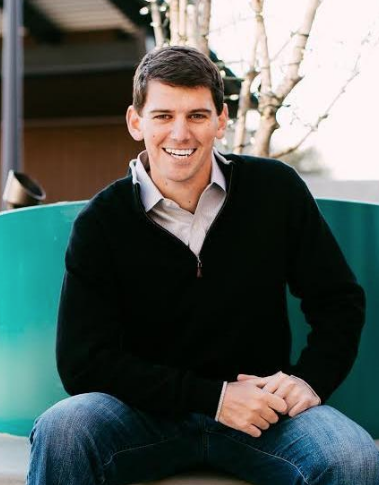
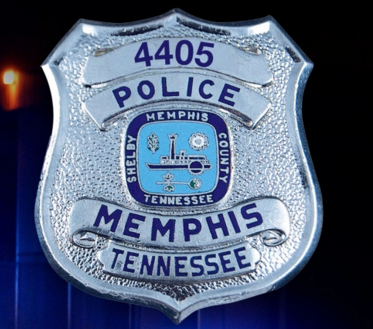


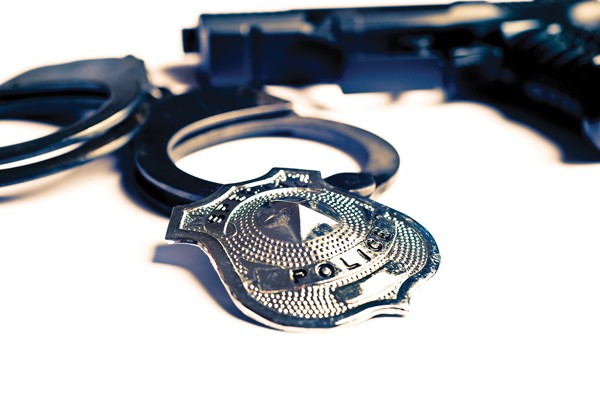 Saniphoto | Dreamstime.com
Saniphoto | Dreamstime.com 